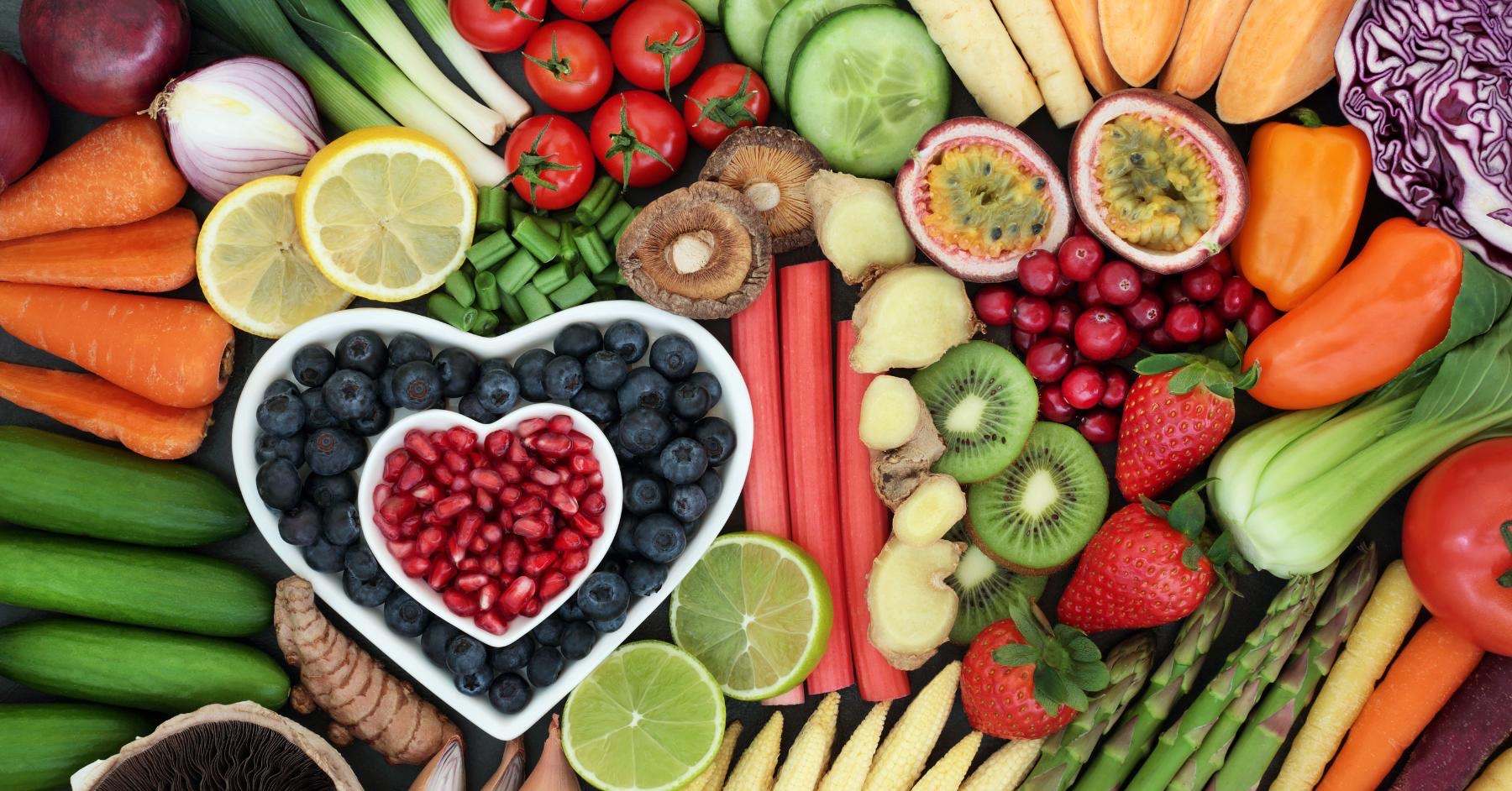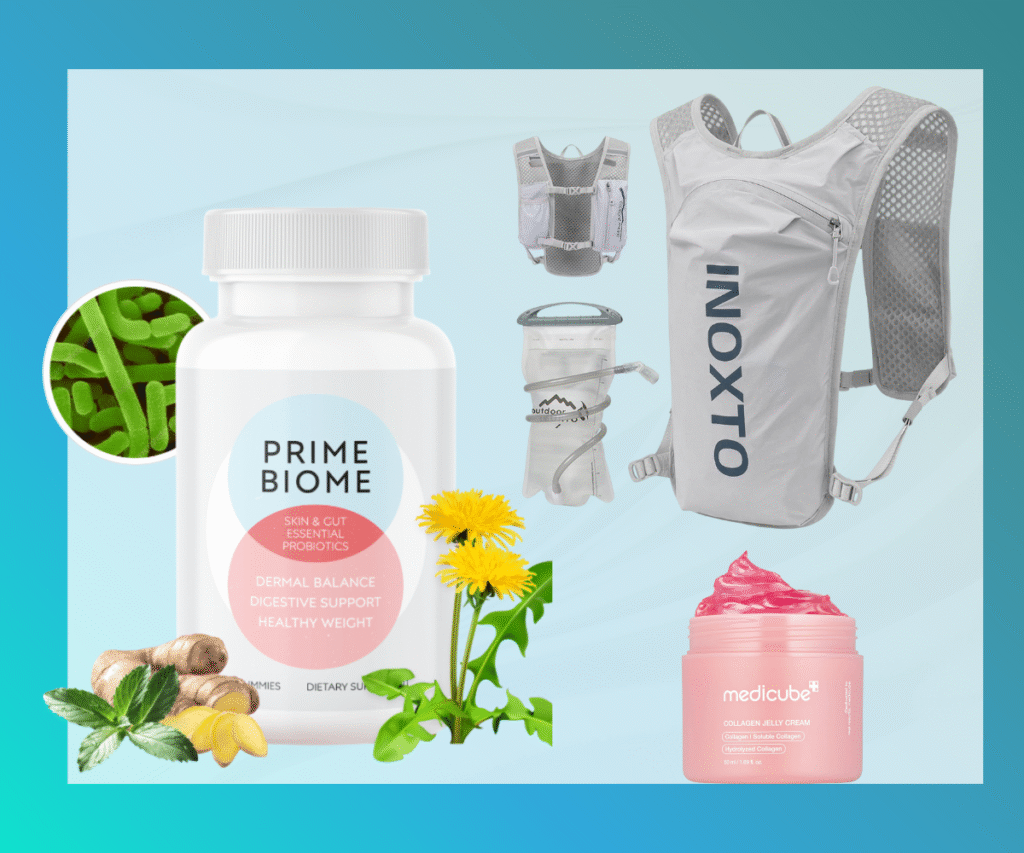Eat These 9 Foods to Naturally Boost Progesterone Levels
If you’ve been feeling off, experiencing fatigue, anxiety, or struggling with PMS or irregular cycles, your progesterone levels might be the culprit. Progesterone, a crucial reproductive hormone, plays a vital role in regulating mood, sleep, metabolism, fertility, and your menstrual cycle.
Low progesterone, a condition often overlooked, is more common than most women realize, according to Dr. Jolene Brighten, ND, a hormone expert and author of Beyond the Pill. This condition significantly affects various aspects of women’s lives, including ovulation and sleep quality.
Fortunately, food can serve as your first line of defense. Although no food directly contains progesterone, certain nutrients can help your body naturally produce and maintain a balanced level of it.
What Causes Low Progesterone?
Progesterone levels naturally fluctuate throughout your menstrual cycle. However, several lifestyle factors can suppress its production.
- Chronic stress (elevates cortisol, which competes with progesterone)
- Poor diet and nutrient deficiencies
- Lack of ovulation (e.g., in PCOS)
- Excess estrogen or estrogen dominance
- Aging or approaching perimenopause
Progesterone, as explained by Dr. Lara Briden, ND, is only produced after ovulation. Consequently, if ovulation is not regular, progesterone levels will drop.
9 Best Foods to Naturally Boost Progesterone
1. Avocados
Rich in healthy monounsaturated fats and vitamin B6, which supports hormone synthesis and adrenal health.
Fun Fact: Healthy fats are essential building blocks for progesterone production.
2. Eggs (especially the yolks)
Contain cholesterol, selenium, and vitamins A & E—nutrients crucial for hormone production and luteal phase support.
3. Leafy Greens (Spinach, Swiss chard, Kale)
Magnesium and vitamin C, which are abundant in this fruit, help reduce cortisol levels and support adrenal function, which is crucial for balancing hormones.
4. Salmon & Fatty Fish
Packed with omega-3 fatty acids and selenium, which reduce inflammation and support luteinizing hormone (LH), crucial for ovulation.
5. Pumpkin Seeds
Rich in zinc, a trace mineral that helps stimulate progesterone production and supports overall reproductive health.
Zinc deficiency is associated with menstrual irregularities and poor ovulation outcomes, as highlighted in this study.
6. Chickpeas (Garbanzo beans)
Vitamin B6, fiber, and plant-based protein are all essential nutrients that contribute to better blood sugar regulation and lower estrogen dominance.
7. Brazil Nuts
Loaded with selenium, which safeguards the ovaries from oxidative stress and bolsters the function of the corpus luteum, which synthesizes progesterone after ovulation.
8. Berries
Berries, rich in antioxidants and vitamin C, support adrenal glands and help reduce stress-induced progesterone suppression.
9. Dark Chocolate (in moderation)
Magnesium and healthy fats in this product promote hormonal balance and help reduce PMS symptoms caused by low progesterone levels.
The Estrogen–Progesterone Balance
It’s not just about raising progesterone levels; it’s also about balancing estrogen levels, as estrogen dominance can further suppress progesterone levels.
Foods rich in fiber help the body eliminate excess estrogen, enabling progesterone to function effectively, as explained by Dr. Brighten.
Estrogen-detoxifying foods include:
- Flaxseeds
- Cruciferous veggies (broccoli, cauliflower, Brussels sprouts)
- Whole grains
Science-Backed Insights
- A study in Nutrients (2020) emphasized the role of magnesium, zinc, and vitamin B6 in healthy luteal phase progesterone levels.
- Research in Reproductive Biology and Endocrinology shows that chronic stress raises cortisol, which directly reduces progesterone synthesis.
- The American Journal of Clinical Nutrition found that omega-3 fatty acid intake supports ovulatory function, which is essential for natural progesterone release.
Lifestyle Tips to Support Progesterone Naturally
- Reduce stress: Try meditation, yoga, or adaptogens like ashwagandha
- Prioritize sleep: 7–9 hours to support adrenal function
- Support ovulation: Track your cycle and consider seed cycling
- Exercise moderately: Avoid overtraining, which can suppress ovulation
- Avoid hormone-disrupting toxins: Choose clean cosmetics and avoid plastics (BPA)
Nourish to Rebalance
Hormonal imbalances can be frustrating, but the path to healing often begins in the kitchen. By incorporating progesterone-boosting foods, managing stress, and making lifestyle changes, you can gradually rebalance your hormones naturally.
Dr. Briden explains that your body is constantly striving to heal itself. To facilitate this process, provide it with the necessary tools and allow sufficient time for its recovery.
Check out the healthlynic ✔️approved range of products for Weight Loss, Improve metabolism and much more!



